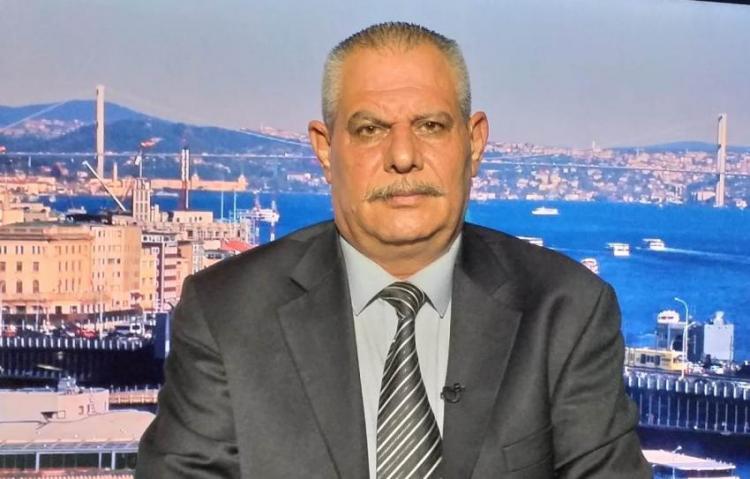"Turkey unable to get rid of the Russian octopus" – Strategic expert
Istanbul – North-Press Agency
Samer Taha
The strategic military expert Ahmed Rahhal said that the clash today in Idlib between Turkey and Syria could expand, given that Turkey today is unable to get rid of the "Russian octopus.”
Ahmed Rahhal said in a statement to North-Press that Turkey has done everything necessary to withdraw heavy weapons from the contact areas and establish a buffer zone in accordance with Astana Agreement agreement.
Rahhal blamed the Russians for the latest escalation in the de-escalation zones, as they did not control the regime and the Iranians did not withdraw the heavy weapons, the Russians who violate and plan for hostilities.
He continued: "We are in Astana Agreement, Agreement, with a Turkish guarantor of the Syrian opposition and a Russian partner of the Syrian government with murder, planning and violations, and therefore Turkey today has reached this fact and has abandoned its diplomacy angrily and declared that Russia is the one who bears the responsibility."
But in order for Turkey to rebel against the Russians, the strategist added: "It must have a strong backing on which either NATO or the United States of America depend.”
He noted that both, the NATO and the U.S., Turkey cannot rely on or trust them, and "we saw how they abandoned Turkey, when it shot down the Russian plane (Su-24), and even they pulled the Patriots missiles out of Turkey as well," he said.
According to Rahhal,"Turkey has many strong cards, wondering if it can use those cards"?
He explained that Turkey, for example, has static borders of about 120 km and is able to activate it.
Rahhal revealed: "We do not demand the intervention of the Turkish forces to defend us, but rather we demand the support of the Free Army groups and the opening of possible fronts with the Syrian government, such as the coastal front that is shaking the Russians and the regime together, in addition to opening the fronts south of al-Bab and Manbij for negotiations."
"If Turkey wants to benefit, it should not remain in coordination with Russia from a position of weakness," he said.
The strategist added:" However, in order to obtain a strong agreement that serves your interests and the interests of your ally, there must be a strong military stance that will activate and support the fronts, and if Turkey wants, it is capable of support."
Regarding the armed opposition groups, Rahhal suggested for the armed groups to have firmness and to exclude the corrupt people, who are all concerned with thinking about their financial and banking accounts and their properties more than their thinking in the battle. He continued: "At that time, I think that the equation can change and the Russians become the ones begging the Turkish side for an agreement in favor of the Syrian opposition and for the benefit of Turkey.”

